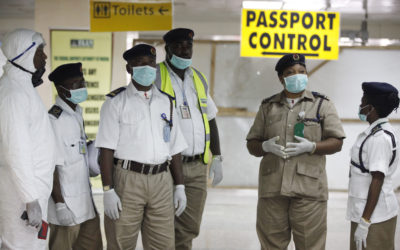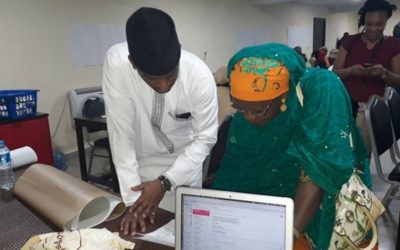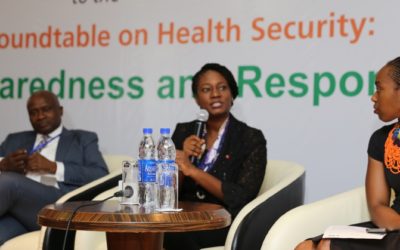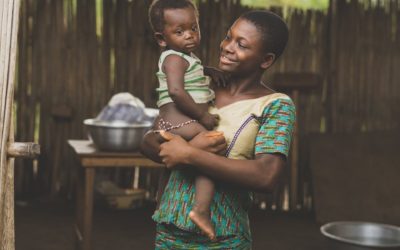Project Details
Since the detection of Wild Poliovirus (WPV) in Nigeria in 2016 for the first time in two years, Nigeria’s quest to be officially declared polio-free by the World Health Organisation (WHO) was truncated. Since the re-emergence of the polio virus in the country, Nigeria alongside Cameroon, Chad, Niger and Central African Republic have conducted several immunisation campaigns to halt the spread of the virus with focus on reaching every child with vaccines, and closing immunity gaps in populations that have previously been inaccessible.

Nigeria is one of only three countries in the world with ongoing wild poliovirus transmission, alongside Afghanistan and Pakistan no thanks to the circulating vaccine-derived poliovirus type 2 (cVDPV2) outbreaks. The last case was in Monguno Local Government Area (LGA), Borno state with onset of paralysis on 21st day of August 2016.
According to a report by Global Polio Eradication Initiative (GPEI), a public-private partnership led by national governments with partners to eradicate polio globally, the total number of Wild Poliovirus (WPV1) cases for 2016 remains four and no cases have been reported in 2017
“Nigeria continues to implement an emergency response to the detected WPV1 strain and circulating vaccine-derived poliovirus type 2 (cVDPV2) strains affecting the country (last detected in 2016). Detection of polio cases in Nigeria underscores the risk posed by low-level undetected transmission and the urgent need to strengthen subnational surveillance. In Northeast Nigeria, an emergency response team continues to use the polio infrastructure to monitor the recent cholera outbreak. Women who are volunteer community mobilisers have been particularly crucial in the response, distributing posters and leading education sessions on the importance of basic hygiene to prevent the spread of bacteria,” the report revealed.
Nigeria may once again be taken off the list of polio-endemic countries and become certified polio free by WHO if it maintains a polio free status for 3 full years. So far, the Federal Government is working with religious, traditional and community leaders to dispel myths about vaccination of children. Cutting-edge technologies such as GPS satellite tracking is in use to obtain real-time contact tracing and daily mapping of identified chains of transmission.
Until poliovirus transmission is interrupted in Nigeria, Afghanistan and Pakistan, countries remain at risk of importation of polio, especially vulnerable countries with weak public health and immunization services and travel or trade links to endemic countries.
Polio is a crippling and potentially fatal infectious disease. Whilst polio can be prevented through immunization, it is critical for Nigeria to continue its effort to eradicate the disease for good.
A range of innovative strategies would be required to reach children in high-risk areas, including opportunistic campaigns that are run whenever security permits, market vaccination, cross-border points and outreach to nomads.
There is the need for Nigeria to strengthen its commitment to routine immunization programmes, continued vigilance on the part of surveillance and collaboration between government, partners, community leaders and health workers across the country. At the heart of this is the need for a robust and resilient healthcare system.
A review of service delivery in Nigeria shows significant inequities in access to basic services with the poorest population quintiles and the rural dwellers significantly disadvantaged. Private Sector Health Alliance of Nigeria’s interventions deliberately target underserved segments such as the poor rural and urban communities, with a large concentration of the poor, hence addressing inequities in access to services in the country.
It will be recalled that World Polio Day was established by Rotary International over a decade ago to commemorate the birth of Jonas Salk, who led the first team to develop a vaccine against poliomyelitis. Use of this inactivated poliovirus vaccine and subsequent widespread use of the oral poliovirus, developed by Albert Sabin, led to the establishment of the Global Polio Eradication Initiative (GPEI) in 1988.




